Search
Editorial of Volume 5, Issue 1
DOI: 10.17160/josha.5.2.385
This issue has is again very multidisciplinary: medicine, music, socials sciences, children’s books and as our Demetrios project come together to create a very interesting issue. We added new features, a more informative design to allow our readers a more pleasant, productive, and easy access to the contents of JOSHA Journal and Demetrios Books. As a multilingual platform and with the goal of allowing our worldwide readers an easier access to their language of preference, JOSHA included the "Select language to filter search" option. With this new feature, it will be possible to sort all the content in JOSHA by language.
Imagined Enemies, Concrete Victims. The Speech of Léon Mugesera and the Rwandan Genocide of 1994
DOI: 10.17160/josha.5.1.382
The case that will be analysed is the speech delivered by the political figure Léon Mugesera in November 1992, linked to the Rwandan genocide of 1994. Through his words, it is possible to trace some of the main narratives that primed the ground for the genocide. They are an example of the processes through which a clear enemy, the Tutsi, have been imagined and defined prior to and during the outbreak of 1994 large-scale violence. The first aim of this paper is therefore to understand how modern state-level forces in Rwanda operated to generate narratives that strengthened ethnic affiliations in the eve of the genocide. The second aim is to investigate to what extent the genocidal violence was the product of relentless propaganda, unfounded rumours, prejudices and of collective memory.
TRANSCEND a new Translational Medicine hub at the east edge of European Union.
DOI: 10.17160/josha.5.1.376
The functional concept of TRANSCEND is equally in favor of independent continuation and subsistence of each unit through dedicated projects and financial capital as well as comprehensive projects that fit into place all units of the center for the design of a biomarker with diagnostic value and ultimately linked to the application of a specific and tailored therapy. Pairing Diagnostics with Therapeutics is currently framed under the notion of theranostic. TRANSCEND will promote this convention implying that drugs must be paired with diagnostic biomarkers to enable the right drug to be selected for the right patient at the right time. Central to the integration in such a scheme, which aspire to diagnose, deliver targeted therapy and monitor the response to therapy, is the growth of units of proteomics, bioinformatics and isotopic tracer production for developing a translational biomarker repertoire and a functionally interpretable systems medicine.
DISTRIBUTED LEADERSHIP AN INSTRUMENT FOR SCHOOL IMPROVEMENT: THE STUDY OF PUBLIC SENIOR HIGH SCHOOLS IN GHANA
DOI: 10.17160/josha.5.1.374
The purpose of the study was to investigate the influence of distributed leadership in Public Senior High Schools (SHS) with regard to school improvement. Using the Explanatory Sequential Mixed-Method design, 92 teachers and 4 head masters and 4 assistant head masters were randomly and census sampled. Three research questions were formulated and were analysed using simple percentages, mean and constant comparative thematic approach. The study revealed that generally head and assistant head masters and teachers recognize the practice of distributed leadership style in the SHS, that is they perceive distributed leadership as a shared leadership where everyone is considered as a leader and given leadership opportunities. The findings further revealed that traditional and rigid leadership structure, lack of shared responsibility amongst teachers, leaders fear to involve teachers were the dominant challenges of distributed leadership in the study area.
Editorial of Volume 4, Issue 6 (2017)
DOI: 10.17160/josha.4.6.371
We presented our new feature and new sections design to allow our readers a more pleasant, productive, and easy access to the content of JOSHA Journal and Demetrios Books. As a multilingual platform and with the goal of allowing our worldwide readers an easier access to their language of preference, JOSHA included the "Select language to filter search" option. With this new feature, it will be possible to sort all the content in JOSHA by language. Additionally, we introduced new sections on our webpage, JOSHA Performing arts, music, DEMETRIOS Textbooks, DEMETRIOS Children's Books and DEMETRIOS Literary books.
Photography and the Visual Brain
DOI: 10.17160/josha.4.6.369
Photography has the aim to provide knowledge about the world we live in seizing from the continually changing information one unique moment which expresses the reality (of the artist). Also the brain must discount a great deal of the information which is not essential to its aim of representing the true character of objects. OBJECTIVE: This essay describes the pathways of the brain preceding a camera shot, from the external sensory stimulus, to the elaboration in the neocortex, and finally to the response in the motor action represented by the “click”. The focus is on the visual brain; we will see how it is characterized by a set of parallel processing of perceptual stimuli as well as temporal hierarchical awareness of perception. We will also briefly describe how the elaboration of the external stimulus is transferred into motor action, which in the case of photography is able to capture the essential feature of a specific reality in a fraction of a second.
Language Feature and New Sections in JOSHA
DOI: 10.17160/josha.4.6.366
JOSHA keeps improving to allow our readers a more pleasant, productive and easy access to the multidisciplinary papers and books of JOSHA Journal and Demetrios Books covering all aspects of human creativity and discovery with a global perspective. As a multilingual platform and with the goal of allowing our worldwide readers an easier access to their language of preference, beginning in December 2017 JOSHA included the "Select language to filter search" option. With this new feature, it will be possible to sort all the content in JOSHA by language.During the submission process, it is now required to select the language the article is written on. Additionally, Due to the great reception of JOSHA and in response to the needs of our authors and readers we introduce new sections on our webpage, JOSHA Performing arts, music, DEMETRIOS Textbooks, DEMETRIOS Children's Books and DEMETRIOS Literary books.
The lynching of blacks in the United States of America - Photographs as historical memories
DOI: 10.17160/josha.4.6.363
According to the literature, photographs of human lynching had an important role in supporting the practice and the predisposition to photographing. This act was globally common. The aim of this brief paper is to understand why photographs of blacks lynching by whites were so important in the United States of America, especially in the South.
Apply by December 15th for the NEW IMBS Double Master Program in Biomedical Sciences: MSc from the University of Buenos Aires and MSc from Freiburg University
DOI: 10.17160/josha.4.6.361
The International Master of Science Biomedical Sciences (IMBS) is an international, interdisciplinary modular and fulltime study program for graduates with professional experience in health or life sciences, medicine or related fields. The IMBS program is a joint program between University of Freiburg (ALU) and the University of Buenos Aires (UBA) in Argentina. After successful graduation, the students will receive a double binational Master degree from the University of Buenos Aires and from Freiburg University. The program which is designed as an intense time of studies and research with practical training qualifies for success in academia or the private sector. It starts with 8 months basic unit in Buenos Aires, continues with an 8 months advanced unit in Freiburg including 5 months individually supervised lab rotation and ends with an 8 months Research Project which leads to a Master Thesis.
Editorial and Table of Content Volume 4 Issue 5
DOI: 10.17160/josha.4.5.358
Architecture and design dominate the 5th issue of JOSHA. Dr Bajçinovci, from the University of Pristine in Kosovo, published 4 new architectural textbooks. The JOSHA editorial team attended the Frankfurt Book Fair, taking part from the 11th to the 15th of October. The participation in the fair was extremely successful, it was a really interesting and important time for the whole team and gave us the opportunity to share our intentions and ideas with people from all around the world.We established great contacts with publishers from Iran, Georgia and Colombia and managed to inspire them with the great vision of making literature, textbooks and children's books available for all visitors of the JOSHA website. In the section of Medicine, Dr Gonzales et.al., from the Universidad Industrial de Santander, Colombia, published an original article in Spanish describing urinary tract infection (UTI) as a marker of poor outcome in children with severe neutropenia following chemotherapy.
.jpg?1518550915)
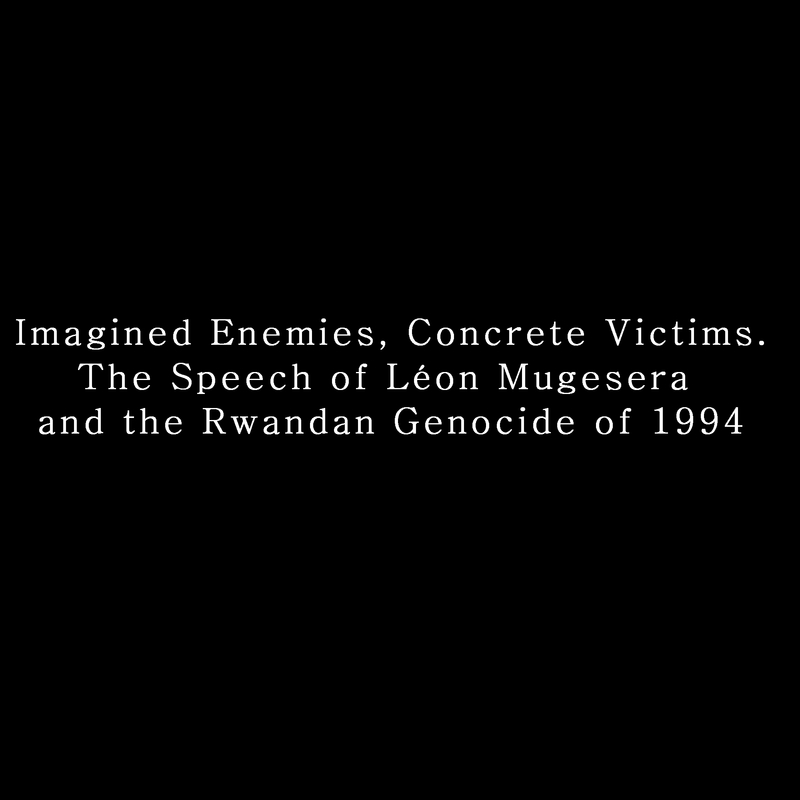
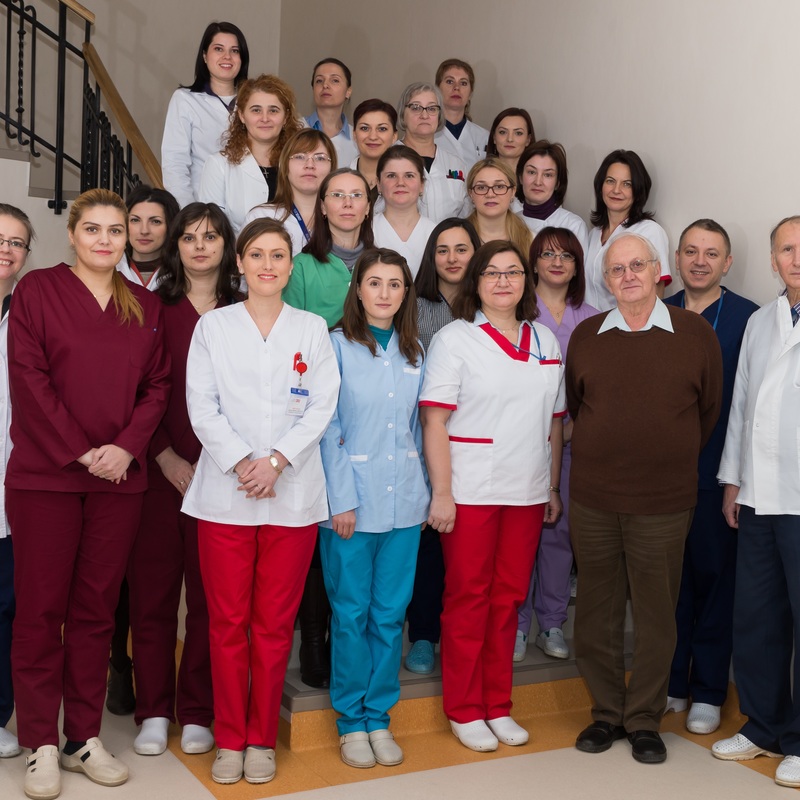
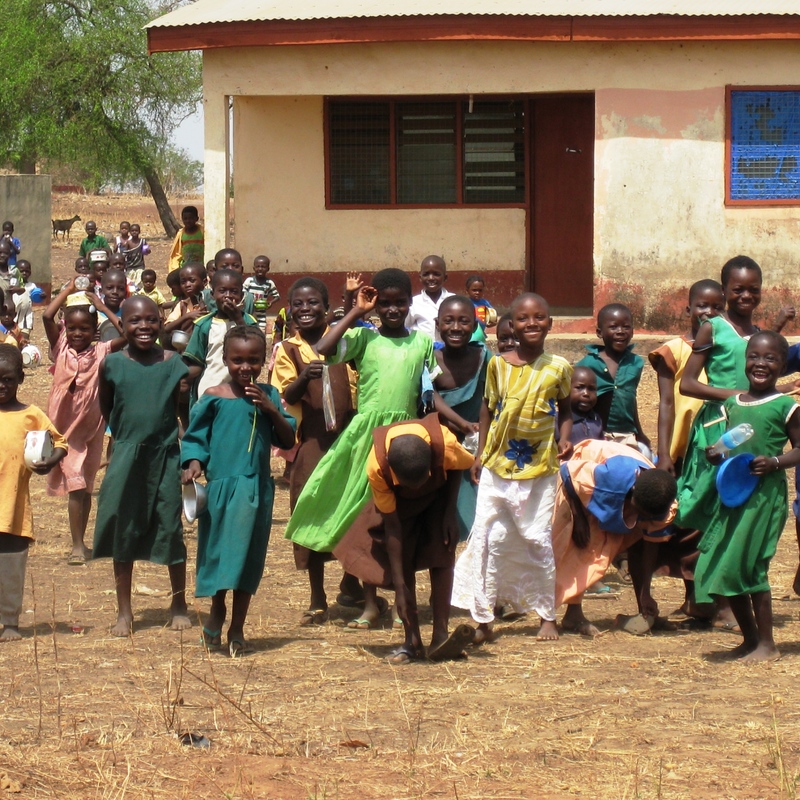

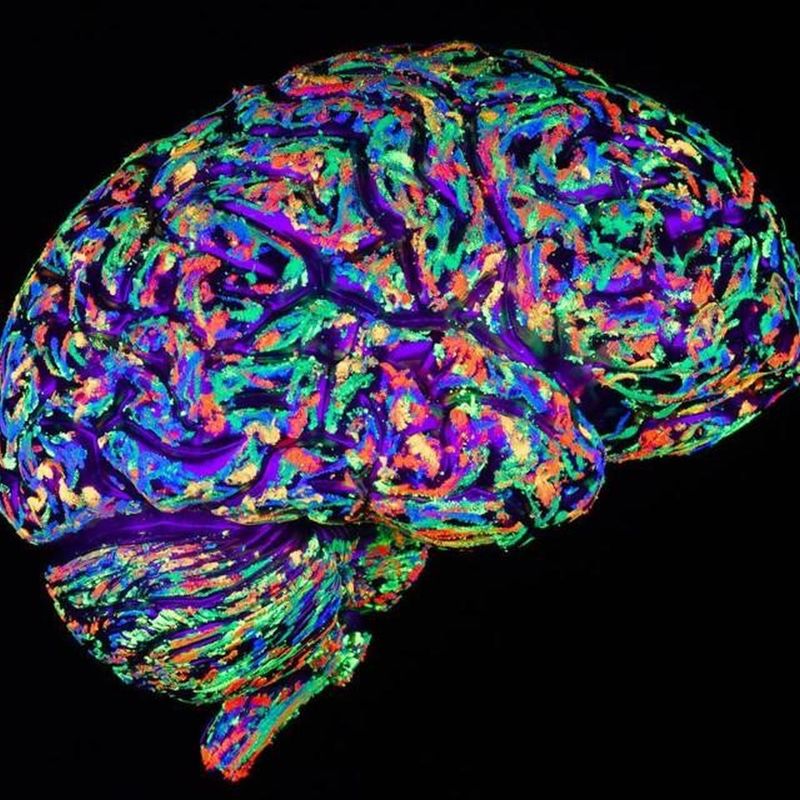


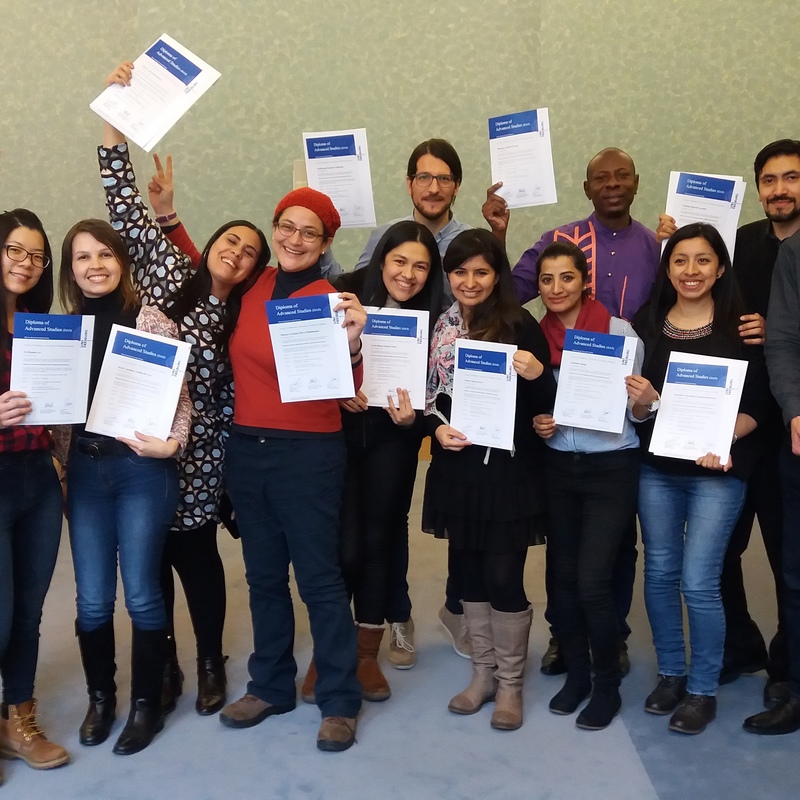
.jpg?1510563803)